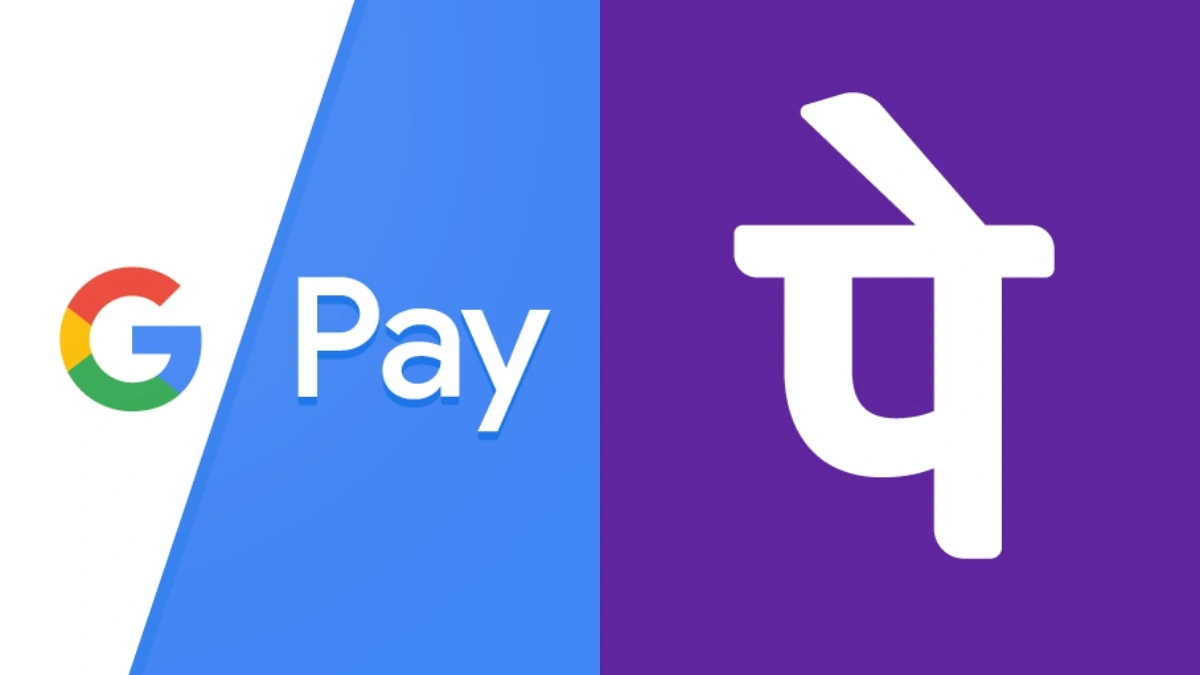Understanding the Nuances of “Pay” in India | More Than Just Money
Pay . It’s a word we use every day, but how often do we really stop to think about what it means? Here’s the thing: in the Indian context, the concept of “pay” goes far beyond just the monthly salary that lands in your bank account. It’s tied up with tradition, law, and even social expectations. Let’s be honest, navigating the world of salaries, wages, and compensation can feel like wading through treacle. This article will break down the key aspects of pay structure, helping you understand your rights, optimize your income, and negotiate your worth.
Decoding Your Salary Slip | A Detailed Guide

That piece of paper (or, more likely, PDF) – your salary slip – is more than just a record of what you earned. It’s a breakdown of where your money is going and how it’s being calculated. And trust me, understanding it can save you a lot of headaches down the line. But, let’s rewind. The most important thing is the basic pay. You can use it to determine your HRA, DA, and other allowances. I initially thought it was just a formality, but then I realized how much hidden data it can contain. Don’t sleep on this section!
Here’s a quick rundown of the key components:
- Basic Salary: The foundation of your pay, usually a fixed percentage of your total compensation.
- Dearness Allowance (DA): An allowance to offset the impact of inflation. It is offered to government employees and public sector undertaking employees and pensioners in India.
- House Rent Allowance (HRA): An allowance to cover your accommodation expenses.
- Leave Travel Allowance (LTA): An allowance for travel expenses incurred during leave.
- Provident Fund (PF): A mandatory contribution towards your retirement savings. It is based on the deduction of provident fund from the salary.
- Professional Tax: A tax levied by the state government on professionals.
- Tax Deducted at Source (TDS): Income tax deducted by your employer and paid to the government on your behalf.
Understanding these components isn’t just about knowing where your money goes; it’s about understanding how to optimize your tax planning and make informed financial decisions. One thing you absolutely must double-check on your salary slip is the accuracy of your PF deductions. Discrepancies can lead to issues later on. Explore here.
Negotiating Your Worth | Tips and Tricks for Indian Professionals
Let’s be real: talking about money is often awkward. But when it comes to negotiating your salary, you need to shed that hesitation and advocate for yourself. A common mistake I see people make is accepting the first offer without doing their research. That’s why it is important to determine the minimum wage in your location.
Here’s how to approach salary negotiations like a pro:
- Research Industry Standards: Use online resources like Glassdoor or Payscale to understand the average salary for your role and experience level.
- Know Your Worth: Assess your skills, experience, and contributions to the company.
- Practice Your Pitch: Rehearse your negotiation points and be prepared to justify your salary expectations.
- Be Confident and Assertive: Don’t be afraid to ask for what you deserve.
- Consider the Total Package: Look beyond the base salary and consider benefits like health insurance, paid time off, and other perks.
Remember, negotiation is a two-way street. Be open to compromise but don’t settle for less than you deserve. Knowing your salary expectations beforehand is key.
The Impact of Labor Laws on Your Paycheck
India has a complex web of labor laws that govern various aspects of employment, including wages, working hours, and benefits. Understanding these laws is crucial for protecting your rights as an employee. Let me rephrase that for clarity: ignorance of the law is no excuse, especially when it comes to your hard-earned money.
Some key labor laws that affect your pay include:
- The Minimum Wages Act, 1948: Sets the minimum wage rates for different categories of workers.
- The Payment of Wages Act, 1936: Regulates the payment of wages to employees.
- The Equal Remuneration Act, 1976: Ensures equal pay for equal work, regardless of gender.
- The Employees’ Provident Funds and Miscellaneous Provisions Act, 1952: Governs the provident fund scheme for employees.
According to the latest notification on the Ministry of Labour and Employment website (labour.gov.in), employers are required to comply with these laws and ensure that employees receive their rightful dues. It’s best to keep checking the official portal.
The Future of Pay | Trends and Innovations in Compensation
The world of work is constantly evolving, and so is the way we get paid. From the rise of the gig economy to the increasing importance of employee well-being, several trends are shaping the future of compensation in India. What fascinates me is how technology is changing the game. This involves a need to have knowledge on the payroll process.
Some notable trends include:
- Performance-Based Pay: Increasingly, companies are linking pay to individual or team performance.
- Flexible Benefits: Employees are demanding more flexibility in their benefits packages.
- Employee Wellness Programs: Companies are investing in employee wellness programs to improve productivity and reduce healthcare costs.
- Digital Payment Solutions: Mobile wallets and other digital payment solutions are becoming increasingly popular for disbursing salaries.
These trends reflect a shift towards a more personalized and employee-centric approach to compensation. The one thing you absolutely must double-check as these trends progress is the security of your financial data. Protect your financial information.
Understanding these nuances can help you navigate the complex world of work in India with greater confidence and success. Click here.
Understanding different payment methods
With technology advancing more and more each day, newer and safer methods of digital payments are being implemented. Methods like UPI, Netbanking, Wallets and others are taking over cash transactions, and thus knowing their ins and outs becomes very important
FAQ Section
Frequently Asked Questions (FAQs) About Pay in India
What if I think I’m not being paid fairly?
Research industry standards for your role and experience. If you find a significant discrepancy, discuss it with your manager or HR department. Document everything and be prepared to negotiate.
What are the mandatory deductions from my salary?
The main deductions are Provident Fund (PF), Professional Tax, and Tax Deducted at Source (TDS). Your salary slip should provide a detailed breakdown.
What is the difference between basic salary and gross salary?
Basic salary is the fixed component of your pay, while gross salary includes basic salary plus allowances like HRA, DA, and LTA.
Can my employer deduct money from my salary without my consent?
Generally, no. Deductions are only allowed for specific reasons like PF contributions, taxes, or penalties as per company policy and labor laws.
Where can I find more information about Indian labor laws?
Check the official website of the Ministry of Labour and Employment (labour.gov.in) or consult with a labor law professional.
How can I improve my chances of getting a higher salary?
Continuously upskill, gain relevant experience, and showcase your achievements during performance reviews and salary negotiations.
So, next time you hear the word “pay,” remember it’s not just about the numbers. It’s about your rights, your worth, and your financial future. Understanding all the different parts of your payment agreement will allow you to get the most out of your professional career.













